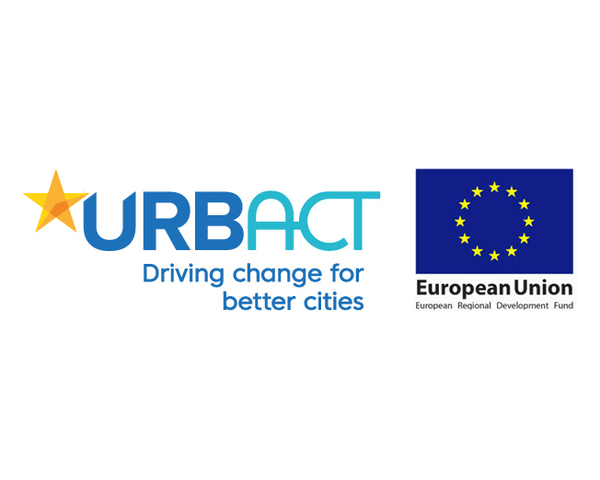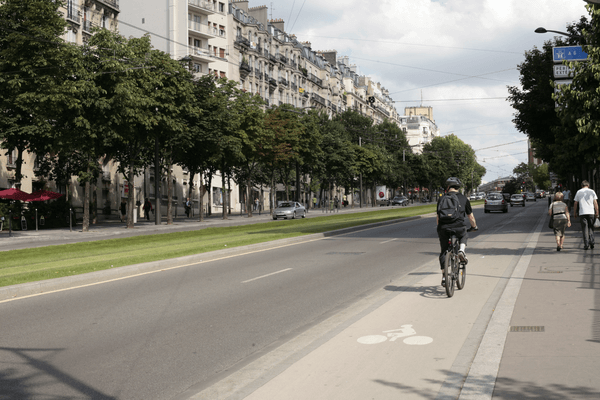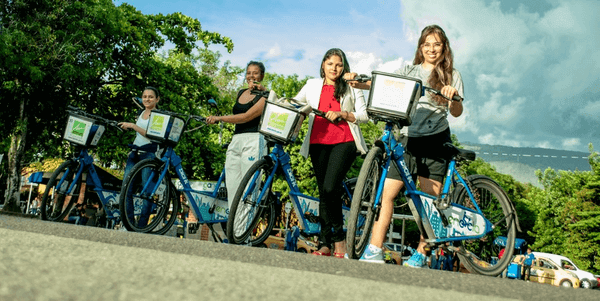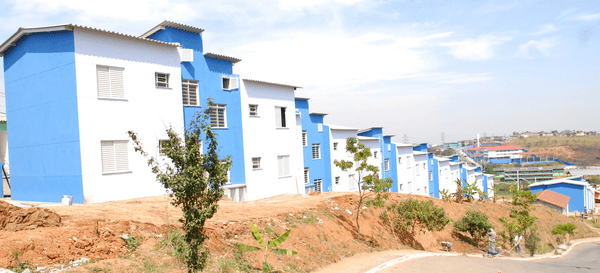Finding Places follows an unusual comprehensive approach and horizontal integration by bringing together qualitative and quantitative methods of urban development, novel information technology and participatory approaches. In terms of vertical integration, it connected the Lord Mayor´s Office, city administration, universities, local city wards and civil society, which were all involved with dedicated roles and activities.
The solutions offered by Finding Places are twofold:
1) a methodological solution (workshop process), and
2) a technological solution (CityScope tool).
The methodological solution is a participatory workshop concept, designed especially to enable direct involvement of citizen groups in the decision-making process concerning the allocation of refugee accommodations. As the task of establishing such accommodations (emergency and long-term) used to stir up heated debate and controversy, a detailed interaction format was designed that comprised moderated group discussion and co-creation sessions, proceeding stepwise from the review of basic urban data towards precise locations of residential housing.
The technological solution consists of a novel tool for Human Machine Interaction (HMI): an interactive modelling table, based on the CityScope technology developed by the Changing Places Group of the MIT Media Lab, Boston.
CityScopes are able to represent various urban data (e.g. cadastral plans, functional zoning, accessibility information) on large projection tables, which can be augmented by simple building blocks (e.g. Lego bricks) as carriers of design information, in this case construction of refugee shelters. The visually coded blocks are scanned and digitised by cameras from beneath the table. Thus, the effectiveness and impact of the modelled solution on the cityscape can be computed and projected as a real-time response on the tables.
More than 400 citizens attend 40 workshops, hosted and facilitated by HafenCity University’s CityScienceLab. The mixed groups in the workshops consisted of up to 20 people. A key concern was to include the local expertise and knowledge of the citizens such as everyday practices like location of jogging tracks, knowledge over the school way of the children, walking areas for dogs, information about public facilties (eg parks and sports grounds) usage. Thus it was possible in the project to bring together the statistics and data of the city on potential areas with the everyday observations of the participants. This includes, for example, statements on how heavily or little a park or sports facility is actually used.
For each city ward, multiple workshops were carried out. The invitations were publicly announced via the city of Hamburg website, newspapers, and social media. Workshops were free and open to everybody to attend. In the workshop sessions, participants were asked to suggest and debate locations potentially suitable for refugee accommodation in their respective city ward.
Workshop participants were provided with information about local conditions of the plots (quantitative data, legal constrains, emissions, zoning law etc.) prepared by the CityScienceLab and made available on the interactive CityScope tables. That way a shared and objective basis for discussion was given, and a well-informed pre-selection of potential sites for refugee shelters could be made.
In the following steps, pre-selected sites were discussed and commented in detail, and enriched with expertise from municipal authorities and planners. In the final step of the workshops, the participants decided on specific locations to be listed for the city government to execute the construction of refugee accommodations.




